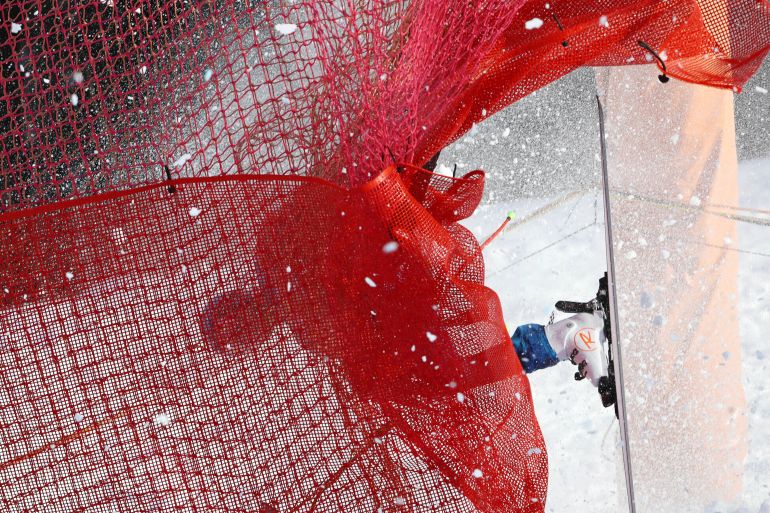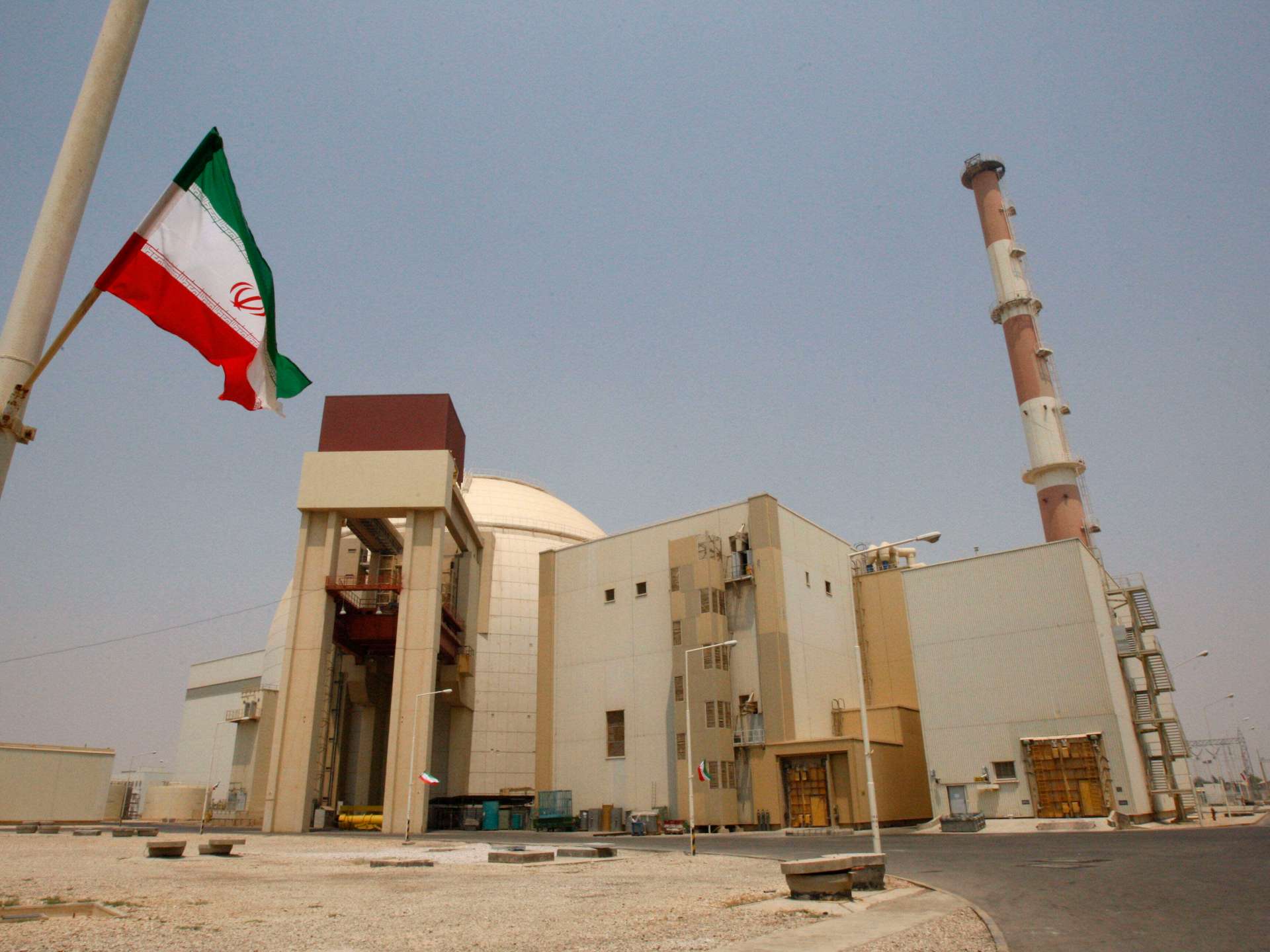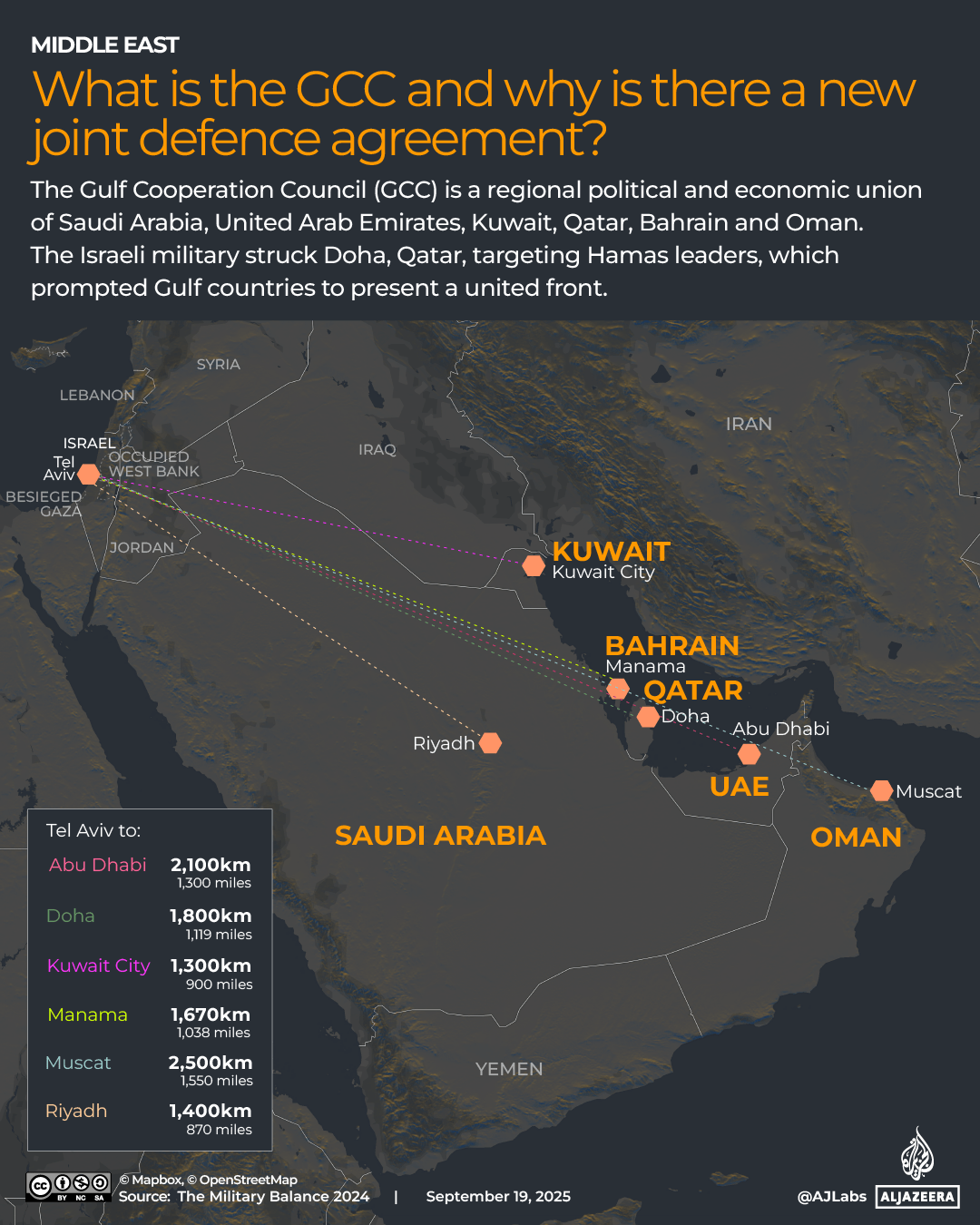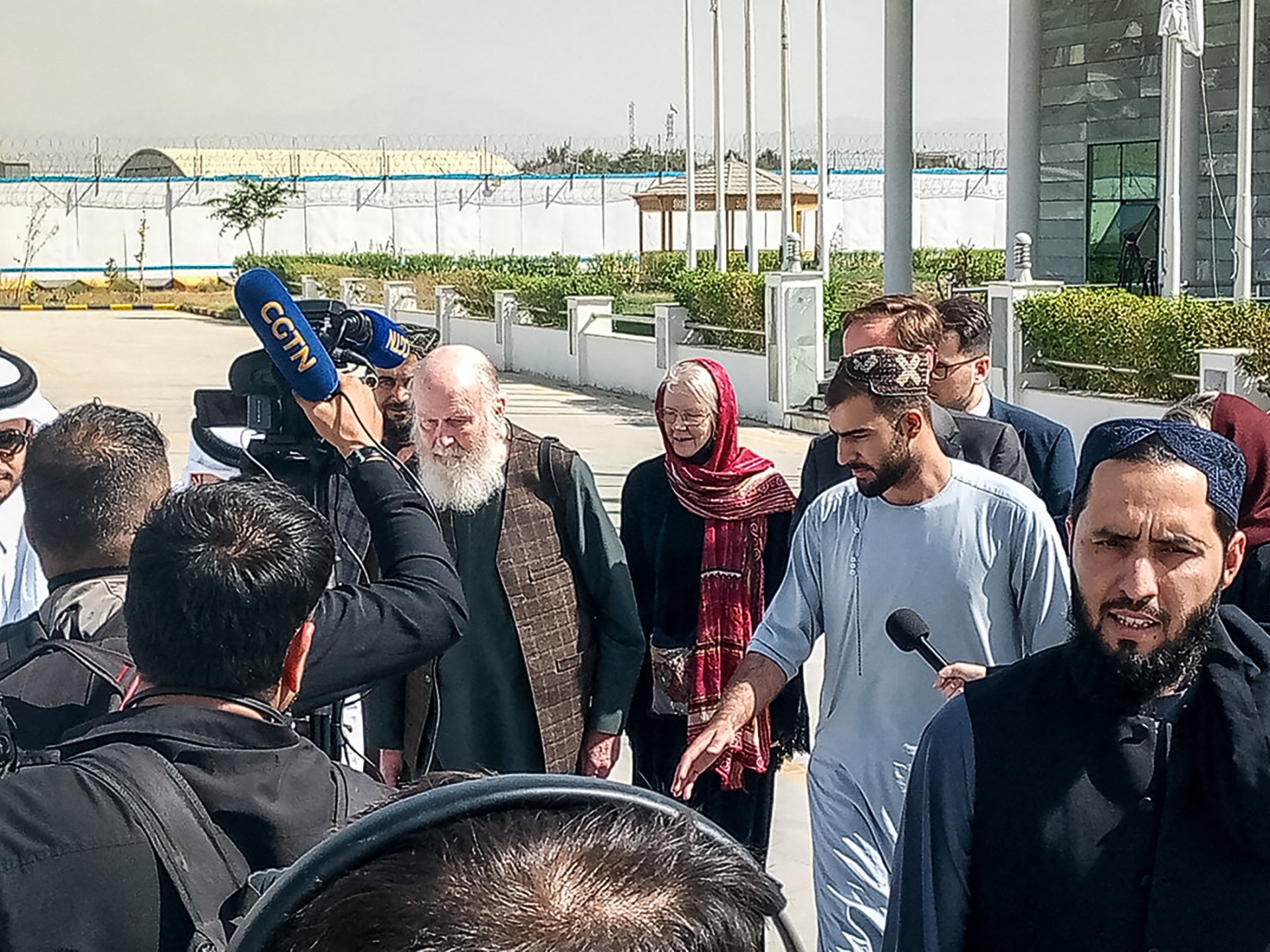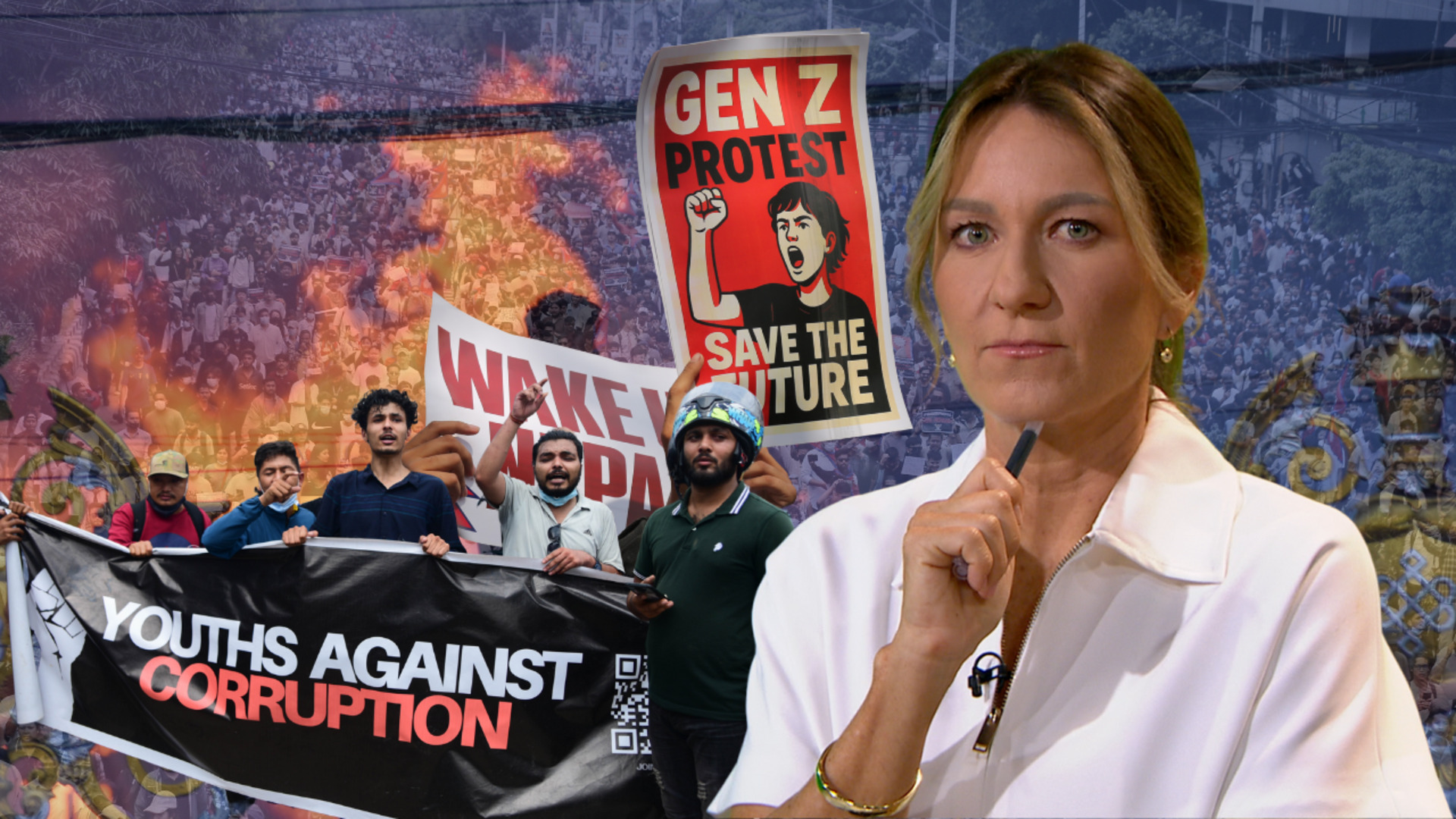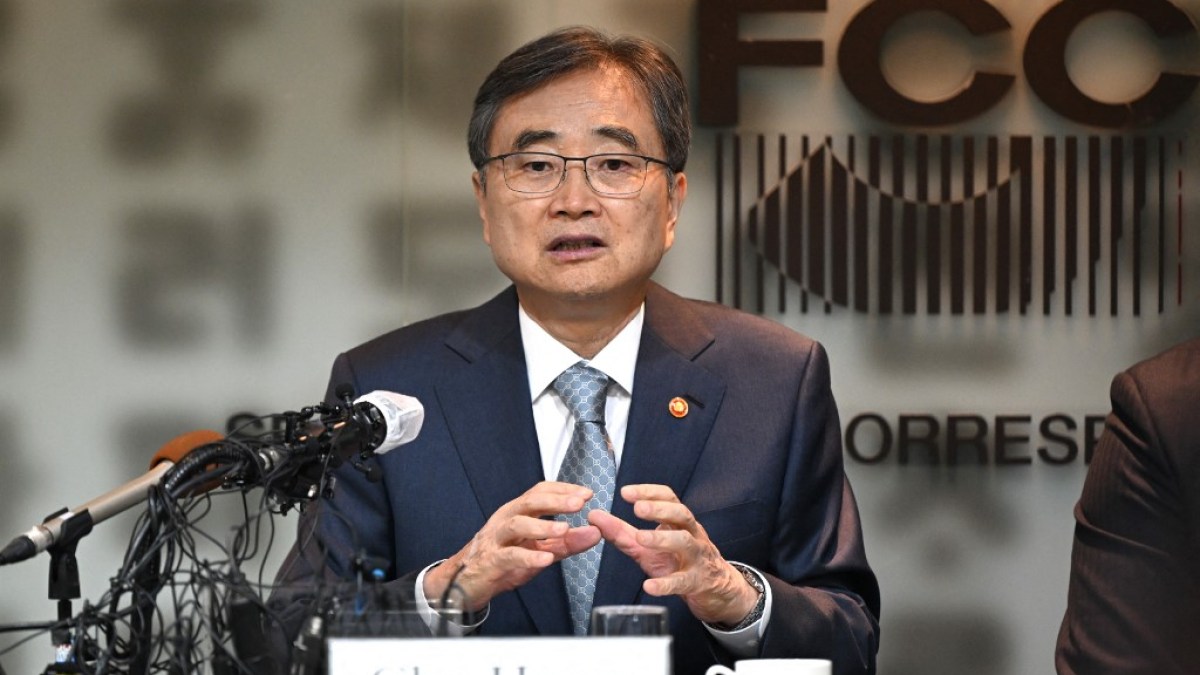It’s usually not until December or January and after a series of tumbles, twisted knees, torn ACLs and worse that the debate over safety in World Cup skiing becomes an annual topic.
Not this season.
Recommended Stories
list of 4 itemsend of list
The death of Italian skier Matteo Franzoso this week following a crash in preseason training in Chile has resurfaced concerns over how to limit risks in the high-speed sport more than a month before the racing even starts.
The debate also comes less than five months before the Milan-Cortina Olympics.
Franzoso, who was 25, became the third rising Italian skier to die in less than a year.
Matilde Lorenzi, who was 19, died from her injuries after a crash last October. Then in March, Marco Degli Uomini, who was 18, died while testing the course for a regional children’s race. A month later, Margot Simond, who was a promising 18-year-old French skier, died in a training crash, too.
In 2017, French downhill skier David Poisson, a former medallist at the world championships, died following a training crash in Canada. He was 35.
“How many tragic losses will we have to experience before we finally open the debate on safety, especially during training?” veteran French downhiller Adrien Theaux wrote on Instagram.
Added Lucrezia Lorenzi, Matilde’s older sister and a competitive skier herself: “The time has come to stop … You can’t go out to ski and then not return home.”
Franzoso crashed through two layers of safety fencing on a course at La Parva and slammed into another type of fence positioned six to seven meters (20-23 feet) outside the course, the Italian Winter Sports Federation said. He was transported by helicopter to a hospital in Santiago, but couldn’t survive cranial trauma and a consequent swelling of his brain. He died two days later — a day before what would have been his 26th birthday.
The La Parva course has been widely used by World Cup skiers for years. Lindsey Vonn and the US Ski Team were training there a week before Franzoso’s crash and several other national teams have been there this month.
Italian veteran Christof Innerhofer had completed a run just before Franzoso’s crash and heard about the crash. Then Innerhofer saw the crash site with his own eyes when he went back up on a chairlift and looked down at his fallen teammate.
“Matte, when I saw where you fell, where they were applying emergency aid, with you on the other side of the fence, I lost my mind because I feared for the severity of the situation,” Innerhofer wrote on Instagram.
The 40-year-old Innerhofer was so shaken that he abandoned the training camp and flew home to Italy: “These are the toughest days I’ve ever experienced as an athlete,” he said.
Franzoso’s death has sparked debate over whether the Switzerland-based International Ski and Snowboard Federation (FIS) should take on a greater role in ensuring safety for preseason training courses in the Southern Hemisphere.
Ushuaia in Argentina and Coronet Peak in New Zealand are also popular destinations for World Cup skiers in August and September.
The Italian federation held an urgent meeting Friday and called for the FIS to establish dedicated training courses for national teams.
“The proposal could include two courses in the Southern Hemisphere for summer training, and a few courses in Europe and North America for fall and winter training,” the Italian federation, known as FISI, said.
FISI added that the training courses should have A, B and C safety netting just like courses used for World Cup races.
“In the coming weeks, FIS will further intensify dialogue with its stakeholders, always with a single guiding principle: the wellbeing and safety of athletes must come first,” the FIS said in a statement Friday.
Starting this season, all World Cup skiers will be required to wear protective air-bag systems under their racing suits for downhill and super-G races; and cut-resistant underwear for all events.
The air bags, which inflate briefly when activated by a sophisticated algorithm that can sense when a skier loses control, have been around as an optional safety device for years.
The cut-resistant underwear protects against laceration injuries from ultra-sharp ski edges. For example, the underwear may have helped prevent the severe cut and nerve damage to the right calf of Norwegian standout Aleksander Aamodt Kilde during a horrific crash in January 2024. Kilde has been out ever since that fall but hopes to return this season.
“Moments like this bring into sharp focus the profound risks that are an inseparable part of our sport,” the FIS said. “It is not possible to eliminate the inherent dangers of alpine skiing, but — by listening, by raising awareness, and by fostering dialogue that leads to collective action — we can mitigate the risks.”
Franzoso was from the coastal city of Genoa but had moved to the mountains near Sestriere to pursue his skiing career. His funeral will be held on Tuesday in Sestriere — where skiing was contested at the 2006 Turin Olympics.
For the Milan-Cortina Games in February, men’s skiing will be held in Bormio and women’s skiing will be held in Cortina d’Ampezzo.
Both the Stelvio course in Bormio and the Olympia delle Tofane course in Cortina have been the site of numerous high-profile crashes in recent years. Mikaela Shiffrin hit the Cortina nets at high speed in 2024, and French standout Cyprien Sarrazin needed surgery to drain brain bleeding after he was catapulted into the air and landed hard on the Stelvio last season.
